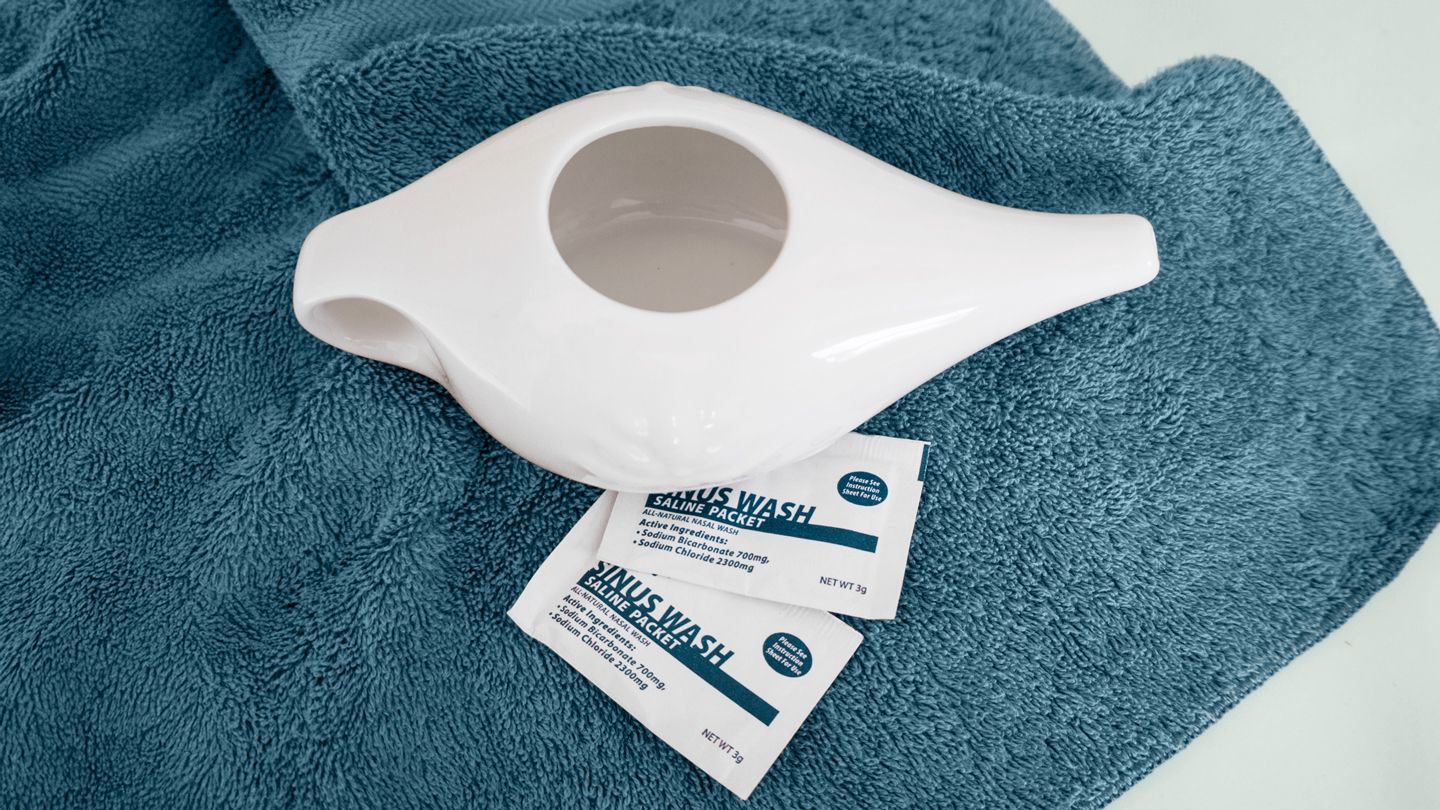And without proper treatment, the number of people losing sleep due to nasal polyps skyrockets. Research shows that as many as 90 percent of people with severe, uncontrolled chronic sinusitis with nasal polyps have significant problems with sleep quality.
Keep reading to learn why nasal polyps interrupt sleep, plus steps you can take to get more z’s.
How Nasal Polyps Can Affect Your Sleep
While factors such as stress and anxiety can worsen sleep, so can physical issues, such as nasal polyps. “Any sort of obstructive issues of the upper airway and the nasal cavity can significantly impact your ability to pass air through your nose,” says Kibwei McKinney, MD, an otolaryngologist specializing in rhinology and nasal surgery at SSM Health Medical Group in Oklahoma City.
This can then can affect your ability to sleep. Many people with nasal polyps report having insomnia, defined as difficulty falling asleep or staying asleep or waking up too early.
People with nasal polyps also frequently snore. And snoring can be an indication of something obstructing your nasal cavity, whether it’s a deviated septum or nasal polyps. The more severe the polyps, the more likely they are to cause sleep problems, Dr. McKinney explains.
Strategies to Improve Your Sleep When You Have Nasal Polyps
If nasal polyps are preventing you from getting a good night’s sleep, there are some simple steps you can take to improve nasal drainage and reduce sinus pressure, which can help you get the rest you need:
- Use a saline nasal rinse before bed. “When nasal polyps form, they can obstruct the sinus drainage pathways, which cause an accumulation of mucus,” McKinney says. “Washing that mucus out will clear the nasal airway and allow you to breathe better through your nose.”
- Follow up with a nasal steroid spray, if prescribed. Steroids can reduce inflammation and polyp size, clearing nasal passages even more. But if you do use a steroid, be sure to spray it after you use a saline rinse. “If you do it in the opposite [order], you just wash out all of the medication,” McKinney explains.
- Elevate your head. Whether you use extra pillows or a wedge pillow, elevating your head can improve nasal drainage and help keep your nasal passages more open.
- Stay up to date on nasal polyp treatments. Keep regular appointments with your otolaryngologist (ear, nose, and throat doctor), so they can track the size and number of nasal polyps you have and make sure treatments are working. These may include antibiotics for underlying infections, biologics to reduce nasal polyp size, allergy medication to reduce nasal symptoms, or surgery to remove polyps.
The bottom line: If you’re not sleeping well, talk to your doctor. Beyond treatment for nasal polyps, it’s also possible to get a sleep study to see if other issues, such as OSA, are affecting your sleep. This can sometimes be treated with surgery or by using a continuous positive airway pressure (CPAP) machine in bed, allowing you to get more restful sleep.
The Takeaway
- Many people with nasal polyps have sleep problems, including snoring and sleep apnea.
- You can get a better night’s sleep by making sure you stick to nasal polyp treatment during the day; use a saline nasal rinse, followed by a nasal steroid spray, before bed; and elevate your head while you sleep.
- Your doctor can also help you look for other causes of sleep problems that may be contributing to insufficient sleep and help you find possible solutions.
Read the full article here




